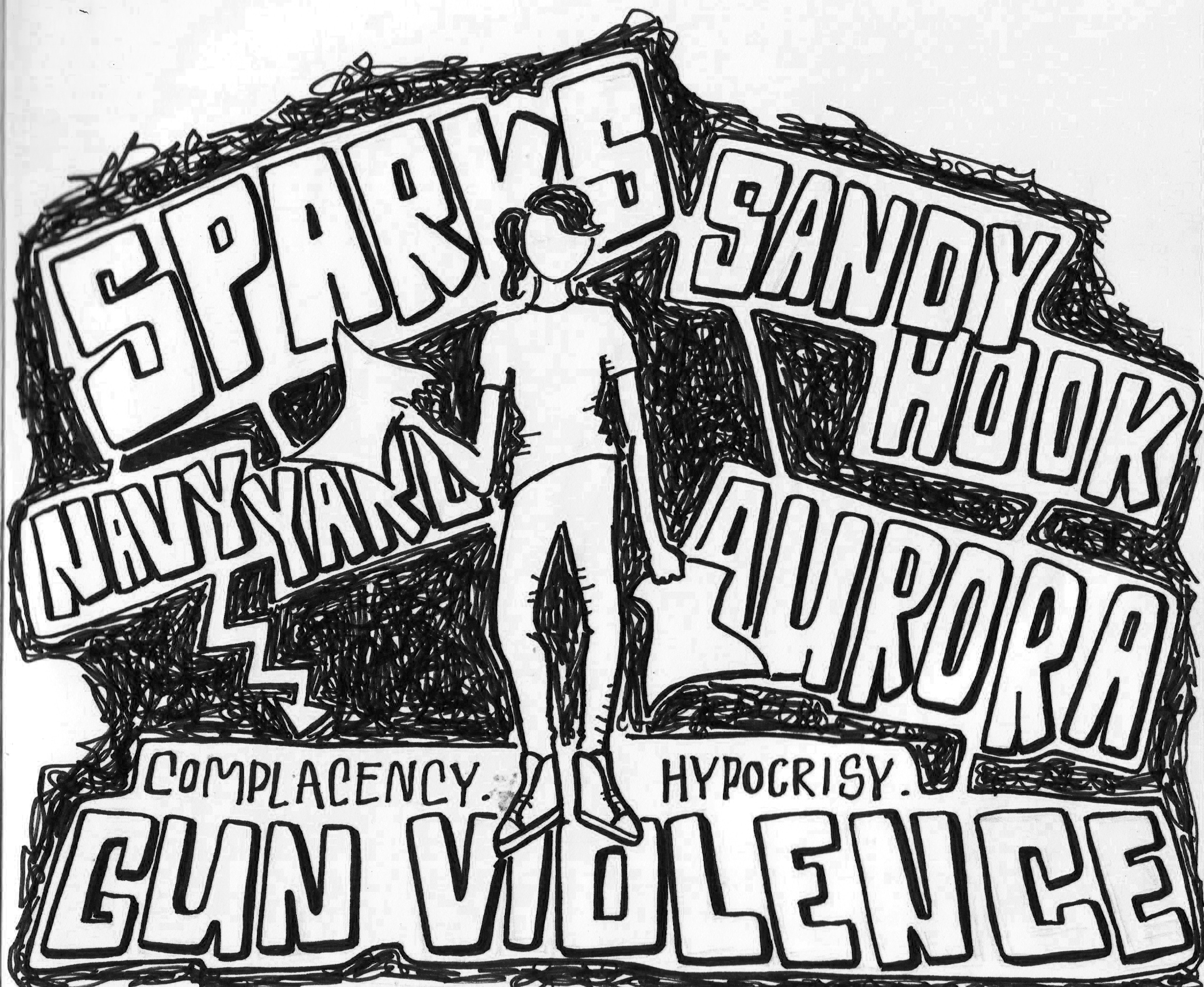I pulled into the parking lot at work—a little late, NPR humming on the radio. Stepping out of the car, I picked up a bag of clipboards out of the trunk. There were rolls of stickers, pens without caps, and posters crammed haphazardly into every corner of my car, but cleaning it out was last on my list of priorities. It was the first week of early voting, which meant that it was the beginning of a two-week long push to ensure that voters made it to the polls before election day. I breathed in the hard, stinging cold air and walked down the alley separating the parking lot and my office. Fall comes fast in the desert.
In the fall of 2012, I spent three months as a field organizer for the Obama campaign in Reno, Nev. Seven days a week, I called, knocked on doors, registered voters, and helped organize events when surrogates came into town.
I don’t list these things as part of my résumé. I list these things because I spent three months working intensely with Reno natives to politically organize. I list these things because my regional office was in Sparks, a small city just east of Reno, and, three days ago, a 12-year-old boy shot a math teacher, three of his classmates, and then himself at Sparks Middle School.
Like most of us, I have read stories about mass shootings with deep empathy. Tucson, Aurora, Sandy Hook, the Navy Yard. To hear about lives taken in such a brutal and senseless way always causes a pang. This story was different for me, however. To have walked those streets, knocked on those doors, and talked to those people brought the story closer.
Gov. Brian Sandoval (R), Sen. Harry Reid (D-Nev.), and President Obama have all expressed condolences over the tragedy. White House Press Secretary Jay Carney reiterated on Tuesday that the President is still committed to pushing for greater gun control.
But when are we going to stop comforting and apologizing, and when are we going to do something?
We talk about large-scale gun violence as though it’s a phenomenon, but it has become commonplace to us. At this point, it’s white noise. Shootings come and go with regularity like the tide, and, for some reason, Americans are starting to accept that this is the price of our freedom—that parents across the country should stoically bear the deaths of their children as a sacrifice in order to maintain the integrity of our democracy.
Or at least, so Republicans would have us believe. What Republicans conveniently ignore is that in a time of crisis, when great violence had been done unto this country, Americans’ constitutional rights were nothing more than a footnote in the greater picture of “national security.” After 9/11, there was a massive ballooning in the size of government and national spending, which brought with it a huge encroachment on our private lives—for our own sakes, we were assured. There was no conservative uproar there, no call for the impeachment of George W. Bush. Certainly, there was no absurd constant threat of a Senate filibuster in order to get even the most basic legislation passed.
As part of a mission to protect the United States, Congress passed several pieces of legislation, such as the PATRIOT Act, several large portions of which have since been deemed unconstitutional by federal courts. Many security programs, such as NSA wiretapping and drones, remain under legal contention.
It’s easy for Republicans to say that on a “security issue” it’s acceptable for our rights to be violated. Well, I’d consider children shooting themselves and others to be a “security issue.” Arguably, by sheer numbers, domestic gun violence remains as large a toll on our people as battles abroad. Our children aren’t collateral damage for stubbornness and political infighting. Somehow the conversation about gun control has shifted to an abstract conversation about rights rather than a conversation about violence.
If Republicans are so concerned about democracy, I have a little advice: the best way to maintain democracy is to fund the government. It’s to pay back our debts. It is an atrocity that we have allowed squabbling to take precedence over basic protection in schools, in movie theaters, in temples.
The idea that our 237-year-old country will collapse if we pass gun control is used to coerce Republicans into voting against gun control, but it is an empty threat. Talking points are hollow when it comes to hollow-points.






